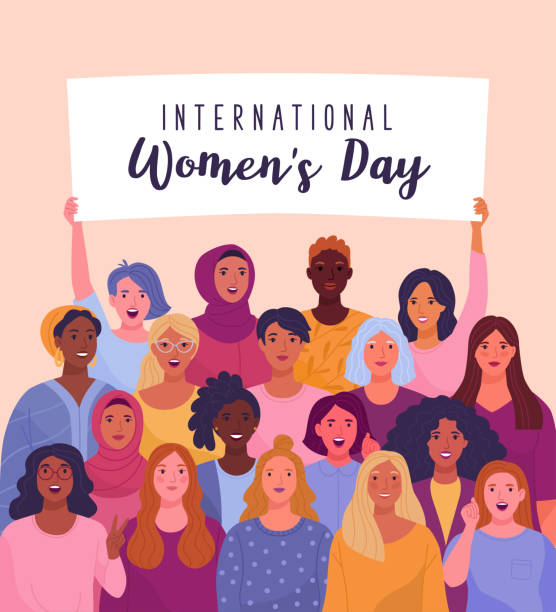Every year on March 8th, the world commemorates International Women’s Day to recognise the social, economic, cultural, and political accomplishments of women worldwide.
This year’s theme – ‘Gender equality today for a sustainable tomorrow,’ seeks to recognise the contributions of women and girls around the world who are leading the way in climate change adaptation, mitigation, and response in order to build a healthier, more equal, and sustainable future for all.
Since 2011, March 8 has been designated as International Women’s Day. The day also represents a turning point in the women’s rights movement, drawing attention to issues such as gender equality, reproductive rights, violence and abuse against women, and action to accelerate gender parity.
The Socialist Party of America organised the first “Women’s Day” in New York City on February 28, 1909, which inspired German delegates at the 1910 International Socialist Women’s Conference to propose “a special Women’s Day” be organised annually.
International Women’s Day was first observed on March 19, 1911, but was later moved to March 8.
On February 13, India celebrates National Women’s Day to commemorate the birth anniversary of Sarojini Naidu, a pioneer in advocating for women’s rights. Sarojini Naidu, a political leader and poet, was dubbed “India’s Nightingale.”
This year’s Women’s Day theme is “Gender equality today for a sustainable tomorrow,” which recognises the contributions of women and girls worldwide to climate adaptation and mitigation. Their participation and leadership in global sustainability initiatives results in more effective climate action, one of modern society’s top concerns. Gender equality is critical today for a sustainable future.
Women’s participation in the labour force and decision-making results in diverse, equitable, and inclusive action across sectors, whether in government, the boardroom, or the community. This motivates social and political action for long-term development and gender equality.
While gender stereotypes are being challenged across the board, there is still a need for more inclusive behaviours
To end conscious and unconscious bias that negatively impacts equity and opportunities for women, we as part of the society must continue to strive for diversity, equity, and inclusion in all of our actions.
Actions must be initiated to achieve equality and break prejudices and biases against women for a healthy growth of the society.
International Women’s Day emphasises the importance of each of us playing our part in creating a more equitable and gender-balanced world free of bias, stereotypes, and discrimination.
This is critical for addressing the climate crisis and reducing disaster risk for a more sustainable future.
Gender equality and parity are about more than just women’s rights; they are about human rights. Every one of us, regardless of gender, must advocate for inclusive mindsets and concrete action to ensure a sustainable future with the active participation of women and girls.
Meta: International women’s day lays emphasis on breaking the conscious and unconscious bias that negatively impacts equity and opportunities for women.








